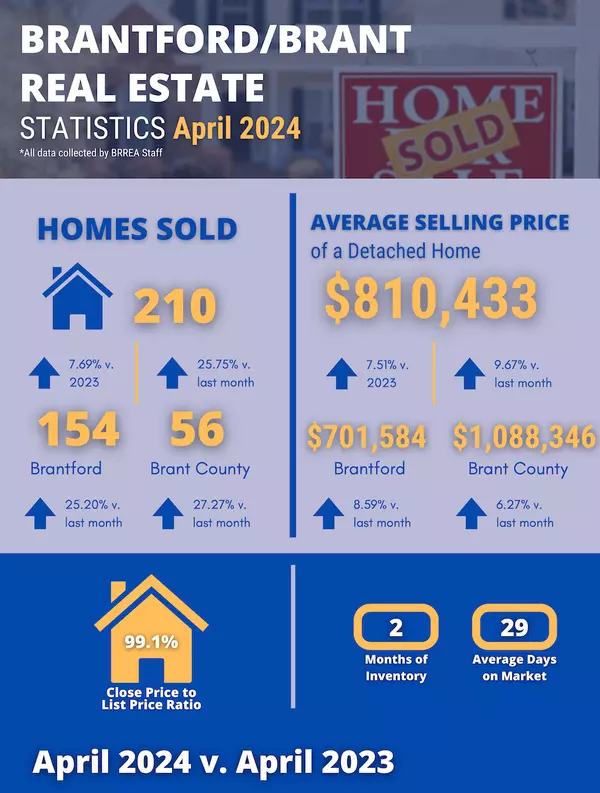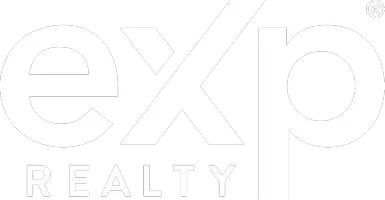
What is the Secondary Suite Incentive Program?
B.C. offers homeowners up to $40K to build secondary suites. Here's what you need to know The Secondary Suite Incentive Program will help homeowners create affordable housing in their communities. The program will provide money to help homeowners create a new secondary suite on their property to be rented out for below market value. Homeowners who qualify will receive up to 50% of the cost of renovations, up to a maximum of $40,000. The program will provide a rebate in the form of a forgivable loan—a loan that does not need to be repaid if the homeowner follows the terms of the program. For the loan to be forgiven, the new unit must be located on the same property where the homeowner lives and must be rented out at below market rates, set by BC Housing, for at least five years. Are you Eligible? Read More on the Government Website BC Housing Press Release

Tips to Improve Your Credit Score
One of the important factors in home ownership is understanding things like your credit score. Some people don’t pay much attention to this metric until they begin the mortgage discussion! However, you will find that your credit score is one of the most important factors when it comes to qualifying for a mortgage at the best rate – and with the most purchasing power. Credit scores range from 300 to 900, the higher your credit score the better. Ideally, you should be aiming for a credit score of 680 for at least one borrower (or guarantor), especially if you are putting under 20% down. If you are able to make a larger down payment of 20% or more, then a score of 680 is not required. This score is based on spending habits and behaviours including: Previous payment history and track record of paying your credit accounts on time is the number one thing that your credit score considers. Your current level of debt and whether you’re maxed or not is the second most important factor. How long you have had your credit in good standing is the third most important factor. Attaining new credits is the fourth factor and can be a red flag if you’re opening several credit cards, accounts, or loans in a short period. If you want to improve your credit score, you can! It is a gradual process, but it is well worth it. Here are some tips to help you get started! Pay Your Bills: This seems pretty straightforward, but it is not that simple. You not only have to pay the bills, but you have to do so in full AND on time whenever possible. Paying bills on time is one of the key behaviors lenders and creditors look for when deciding to grant you a loan or mortgage. If you are unable to afford the full amount, a good tip is to at least pay the minimum required as shown on your monthly statement to prevent any flags on your account. Pay Your Debts: Whether you have credit card debt, a car loan, a line of credit, or a mortgage, the goal should be to pay your debt off as quickly as possible. To make the most impact, start by paying the lowest debt items first and then work towards the larger amounts. By removing the low-debt items, you also remove the interest payments on those loans which frees up money that can be put towards paying off larger items. Stay Within Your Limit: This is key when it comes to managing debt and maintaining a good credit score. Using all or most of your available credit is not advised. Your goal should be to use 70% or less of your available credit. For instance, if you have a limit of $1000 on your credit card, you should never go over $700. NOTE: If you find you need more credit, it is better to increase the limit versus utilizing more than 70% of what is available each month. Credit and Loan Application Management: Reduce the number of credit card or loan applications you submit. When you submit too many credit card applications, your credit score will go down, and multiple applications in a short period can do more damage. You’re best to apply for one or two cards and wait to see if you are accepted before attempting further applications. If you have questions about your credit score, don’t hesitate to reach out to me today! Whether you want to check your score or find out how you can improve it, my door is always open. Your credit mix is the final aspect of your credit score to determine whether you have a healthy mix of credit cards, loans, lines of credit, etc. Source DLC

Finding a Reliable Real Estate Lawyer in British Columbia - Real Estate Lawyers - Victoria BC
Buying a home is an exciting and significant milestone in life, but it also involves a complex legal process. To ensure a smooth and successful real estate transaction in British Columbia (BC), one of the key players you'll need on your team is a reliable real estate lawyer. In this blog post, we'll guide you through the essential steps to help you choose the right real estate lawyer in BC for your home-buying journey. Start Early: Don't wait until the last minute to find a real estate lawyer. Begin your search early in the home-buying process, preferably as soon as you start looking for a property. This allows you to make a well-informed decision without feeling rushed. Seek Recommendations: Tap into your network for recommendations. Friends, family, and colleagues who have recently purchased a home in BC can provide valuable insights into their experiences with real estate lawyers. Online reviews and testimonials can also be helpful in identifying reputable professionals. Our recommended Real Estate Lawyers in Victoria BC: John MullinPartner | Mullin Demeo Wark250-477-3327https://www.realestatelawvictoria.com/1626 Garnet Road, Victoria BC League Law(250) 888-0002174 Wilson St #210, Victoria, BC V9A 7N6 Dawson MullinDawson Mullin Law (250) 590-1154dmullin@dawsonmullinlaw.comhttps://realestatelawyervictoria.com/102-1497 Admirals Road, Victoria BC Check Qualifications: Ensure that the lawyer you're considering is a licensed and experienced real estate professional in BC. Look for credentials, such as membership in relevant legal associations and a focus on real estate law. Verify their track record by checking for any disciplinary actions or complaints against them. Local Expertise: Choose a real estate lawyer who is familiar with the local real estate market and regulations in BC. Local knowledge is crucial in navigating the specific legal intricacies that may vary across different regions within the province. Transparent Fees: Discuss the lawyer's fee structure upfront to avoid any surprises later on. While it's essential to find a lawyer within your budget, remember that expertise and reliability often come with a cost. A transparent breakdown of fees will help you understand the investment required for legal services. Communication is Key: Effective communication is critical in any legal transaction. Choose a real estate lawyer who is responsive, easily accessible, and takes the time to explain legal jargon in a way you can understand. This ensures that you are kept informed throughout the process. Client References: Ask the lawyer for references from previous clients. Speaking with individuals who have worked with the lawyer can provide valuable insights into their professionalism, efficiency, and overall satisfaction with the legal services provided. Online Presence: A strong online presence, including a professional website and positive reviews on reputable platforms, can be indicative of a real estate lawyer's commitment to their practice. Take the time to explore their online presence to gain a better understanding of their reputation. Choosing the right real estate lawyer in BC is a crucial step in ensuring a smooth and successful home-buying experience. By starting early, seeking recommendations, checking qualifications, prioritizing local expertise, understanding fees, emphasizing communication, seeking client references, and evaluating online presence, you can make an informed decision that aligns with your needs and goals. With the right legal guidance, you'll be better equipped to navigate the complexities of the BC real estate market and enjoy the excitement of your new home.
Categories
- All Blogs (71)
- bc (50)
- BCREA (2)
- brantford (27)
- Buying a Home (15)
- condo (9)
- depreciation report (4)
- education (24)
- first time buyer (2)
- flipping (2)
- Flipping Tax (6)
- food (1)
- handyman (2)
- homes for sale (21)
- housing statistics (13)
- inspections (4)
- insurance (1)
- lawyer (6)
- leasehold (2)
- matrix (1)
- mortgage agent (25)
- mortgages (15)
- NAR (3)
- new construction (10)
- new developments (9)
- news (25)
- ontario (20)
- presale (9)
- Property Transfer Tax (4)
- real estate (60)
- realtor (44)
- referrals (2)
- renovations (8)
- rentals (1)
- Residential Property Flipping Rule (4)
- schools (2)
- strata (7)
- stratatips (4)
- taxes (3)
- testimonials (3)
- townhome (3)
- Transfer Tax Exemptions (5)
- vancouver island (29)
- victoria (46)
Recent Posts











